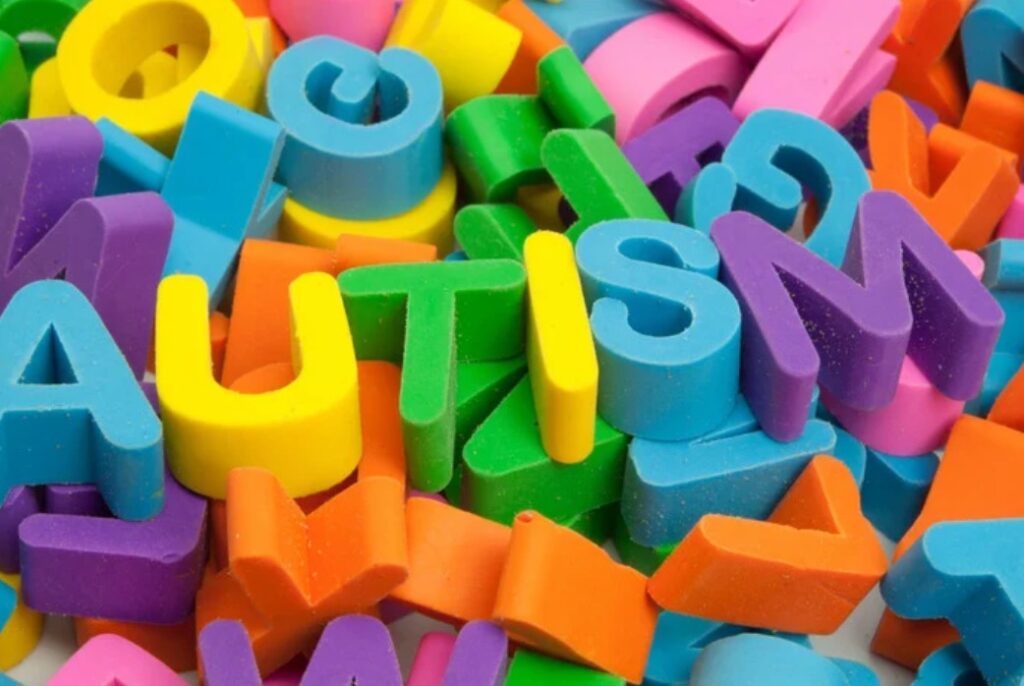In recent decades, we’ve witnessed an exponential rise in the diagnosis of autism spectrum disorder (ASD), ADHD, sensory processing disorders, and other neurodivergent conditions. While some see this as a public health concern, others are beginning to ask a deeper question:

What if neurodivergence is not a disorder—but evolution in motion?
🌍 A Changing World Demands New Minds
We live in a hyperconnected, fast-paced, overstimulating world—one that often overwhelms neurotypical brains. Neurodivergent individuals, however, often exhibit traits that seem tailor-made for this reality:
Hyperfocus and pattern recognition Nonlinear thinking and high creativity Deep empathy, or alternatively, emotional detachment that enables objective decision-making Sensory sensitivity that signals an expanded perceptual range
Could it be that these brains are not “broken,” but better adapted to new demands?
🧠 Genetics Meets Evolution
From a scientific standpoint, the Human Genome Project and further research into neurodevelopmental genetics have revealed that autism is not caused by a single gene, but by a complex interaction of hundreds. Some of these genes are associated with higher cognitive functioning, rapid synaptic connectivity, and unusual neural plasticity.
This raises the possibility that autistic traits may be preserved or even promoted by evolutionary mechanisms—especially in environments that reward innovation and adaptability.
💫 A Spiritual or Cosmic View
In many spiritual traditions, children with different ways of perceiving the world are seen as “beings of light,” “crystal children,” or messengers of a new era. While this is not scientific language, it echoes an intuitive truth:
Neurodivergent children often bring profound changes to their families, schools, and communities.
They challenge systems, provoke growth, and awaken compassion.
Perhaps evolution is not just physical—but conscious.
🔄 Rethinking “Normal”
If the human brain is diversifying, our systems must adapt:
Education must shift from standardization to individualized learning Medicine must focus on support, not correction Society must move from exclusion to integration
The future may not belong to the “fittest,” but to the most adaptive—and neurodivergent minds may lead the way.
📚 Conclusion
We stand at a crossroads where science, spirituality, and social awareness intersect. The rise in neurodivergent children is not a mistake. It may be a call to evolve—biologically, socially, and ethically.
As a neurodivergent mother, researcher, and author of Guide for the Atypical Family, I invite you to reflect:
“What if the children we are trying to fix…
are the ones sent to fix us?”
🔁 Let’s talk about it. Do you feel that neurodivergence is part of human evolution? Share your thoughts in the comments or connect with me on Instagram @izabelat21
